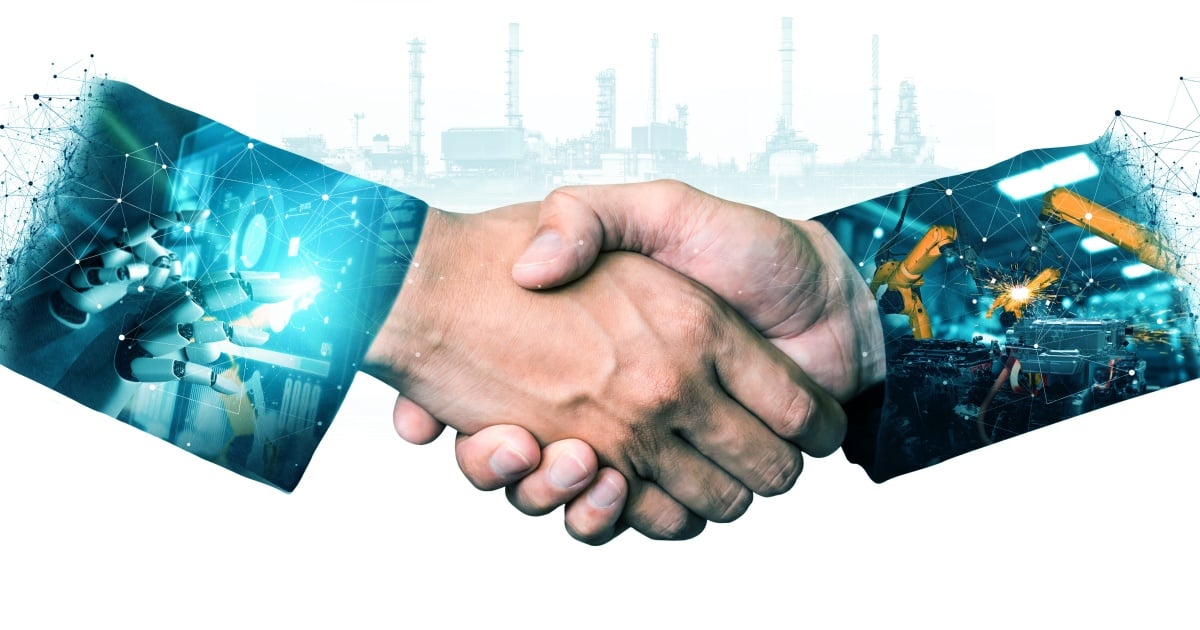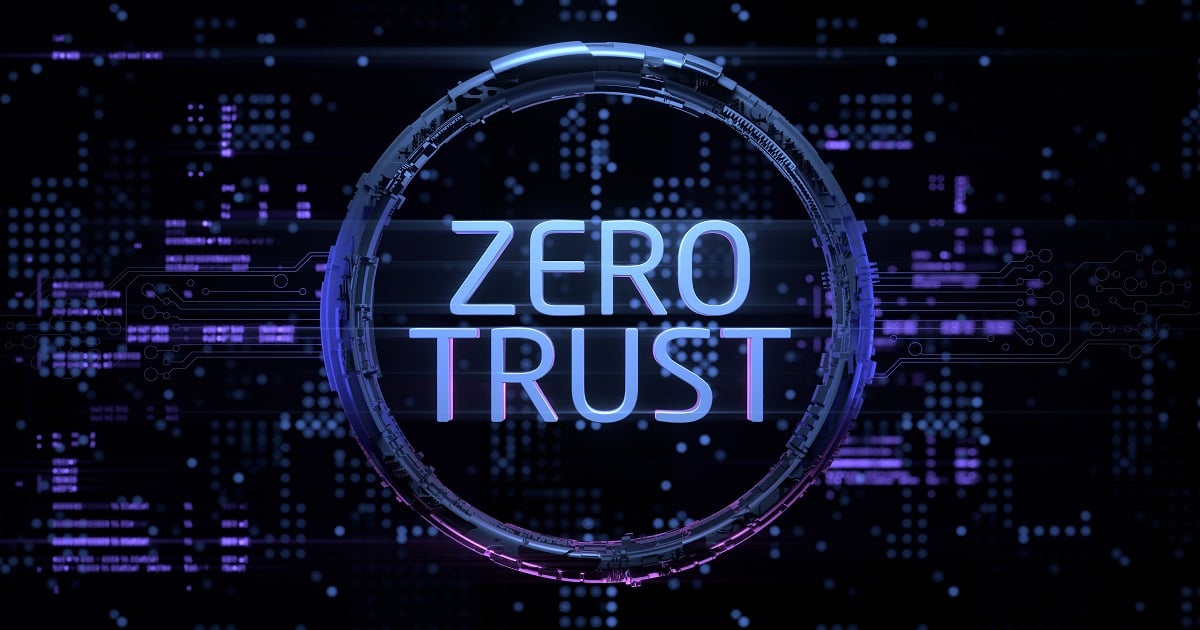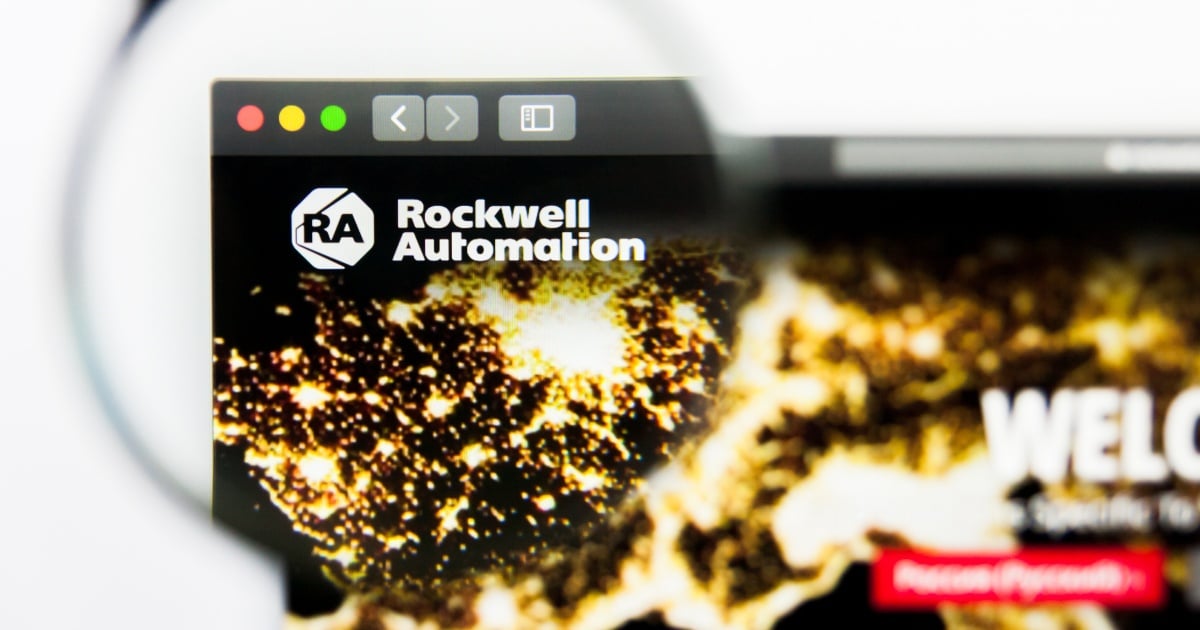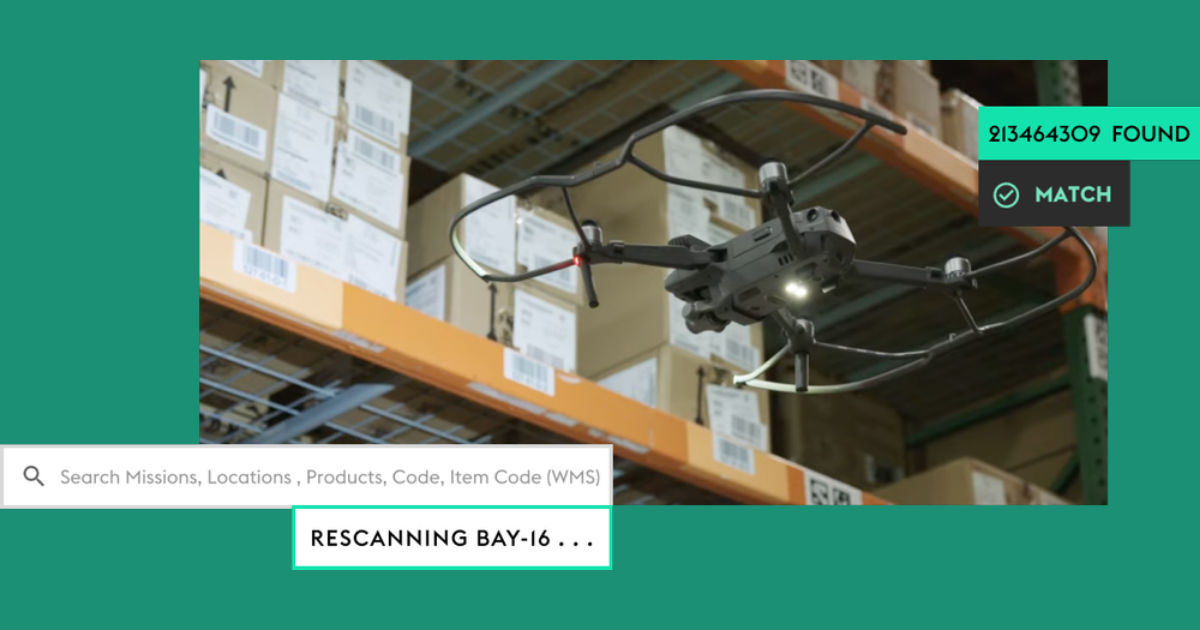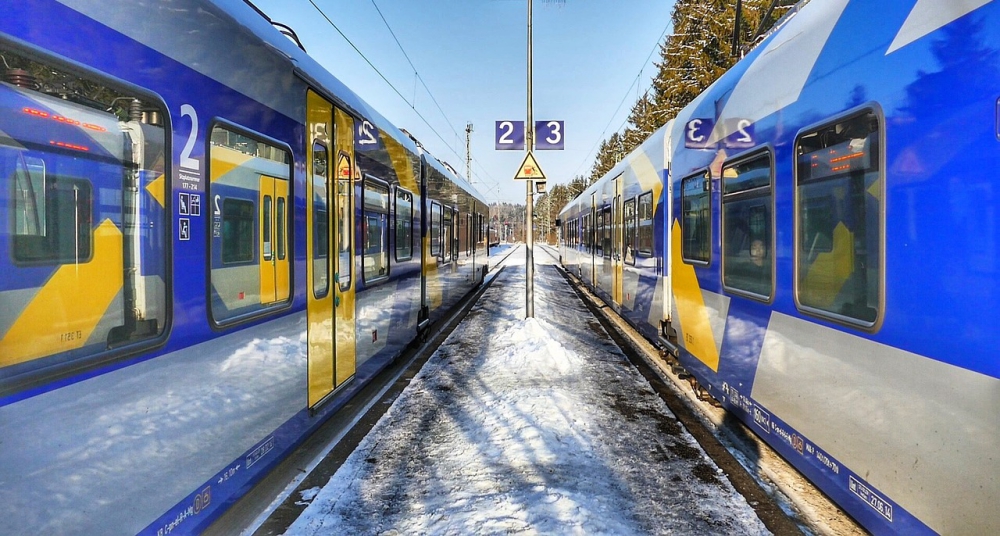
The transportation world is changing faster than ever before; there have been more changes in the past five years than in the 100 that came before. How will our infrastructure adapt to accommodate so many new choices available to the public? Thanks in part to the Internet of Things, the future will be frictionless.
What does that mean? In a world of frictionless mobility, all modes of transportation will be fully connected — increasing the rider experience and thereby increasing the number of people who choose a more sustainable lifestyle. Everything will be optimized, from information about arrivals, to paying for rides, to transferring to a different mode.
Payments will be handled via a centralized system, using either a card or an app. You can already see examples of this in Chicago, where a Ventra card can be used to pay for rides on CTA, Pace, and Metra. With the introduction of the card’s app, the city is experimenting by integrating Divvy bikeshare to the list of available agencies.
Users will be able to board the bus having already paid for the ticket on their phones, which will eliminate the need to search for a card and speed up the overall boarding process. The better an experience users have the first time they take a method of transit, the more likely they are to take it again.
The possibilities for how IoT can change our public transportation infrastructure are, at this juncture, nearly endless. It’s virtually impossible to imagine just how much this technology will change our landscape. One of the biggest impacts, though, will be that people will know when public transit is coming so they don’t have to wait. Data sensors can improve traffic flow and optimize our systems, cutting down on wasted time and idling cars on the road.
In New York, the average driver spends 107 hours per year searching for a parking spot, adding up to $2,243 in costs to the driver and $4.3 billion to the city — and that’s just in New York! Think of the emissions that will be saved once IoT sensors are in place and can quickly identify where empty spaces are.
Once streets are redesigned to give equal weight to each mode of transportation, bus delays will be a thing of the past. Cars will not be held up by Ubers waiting for passengers. Bikes will have lanes of their own, decreasing the fear of being hit. All of these changes should lead to an increase in overall transit ridership, whether it’s by the subway, bus, or bikeshare.
Right now, transportation is responsible for more than 25 percent of global carbon emissions, which means we have a duty to reduce this as much as possible for a healthier future. Given the exponential rate at which technology and innovation are evolving, IoT-enabled infrastructure should make this happen sooner than we think.
For more on Connected Transportation solutions, register now for the Industrial IoT Conference and The Smart City Event.
Edited by
Ken Briodagh


